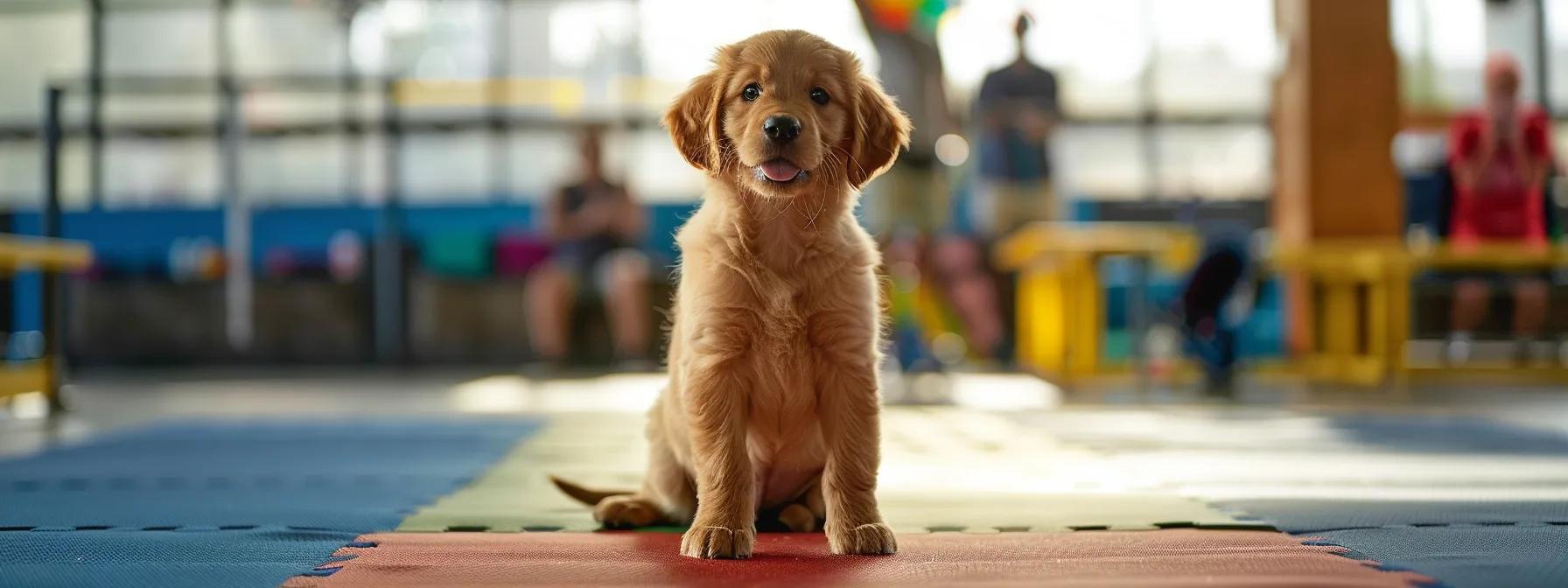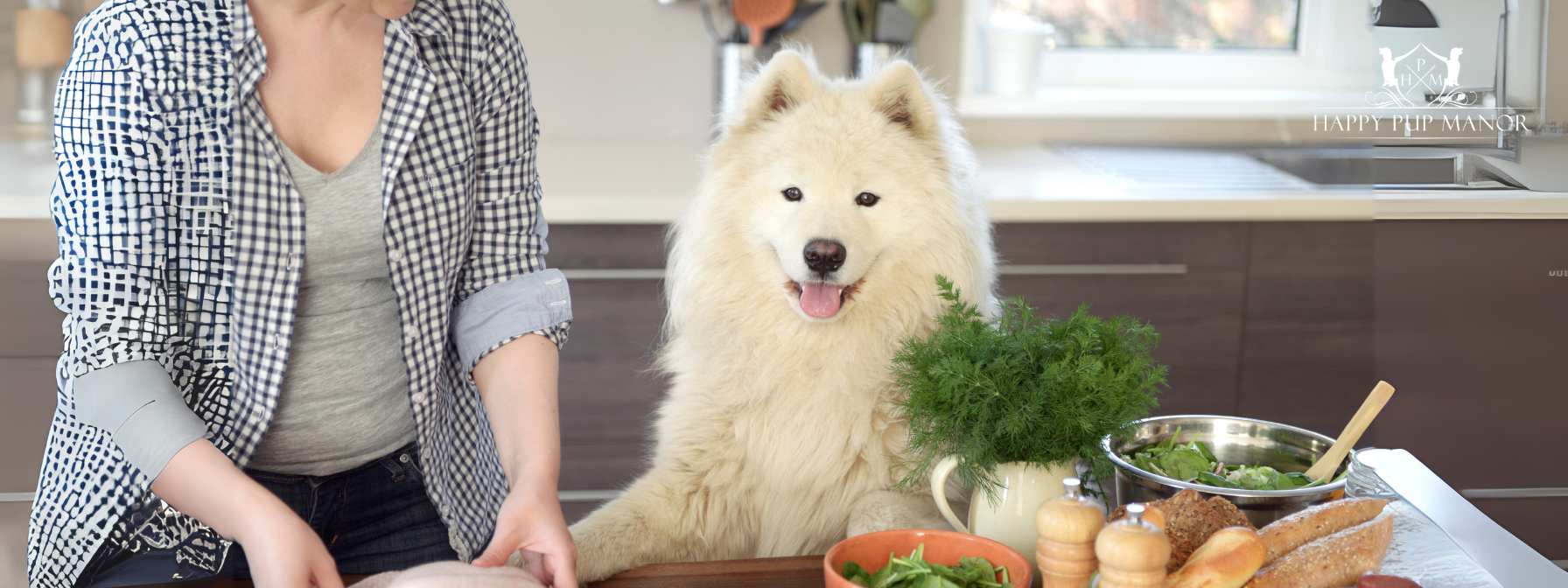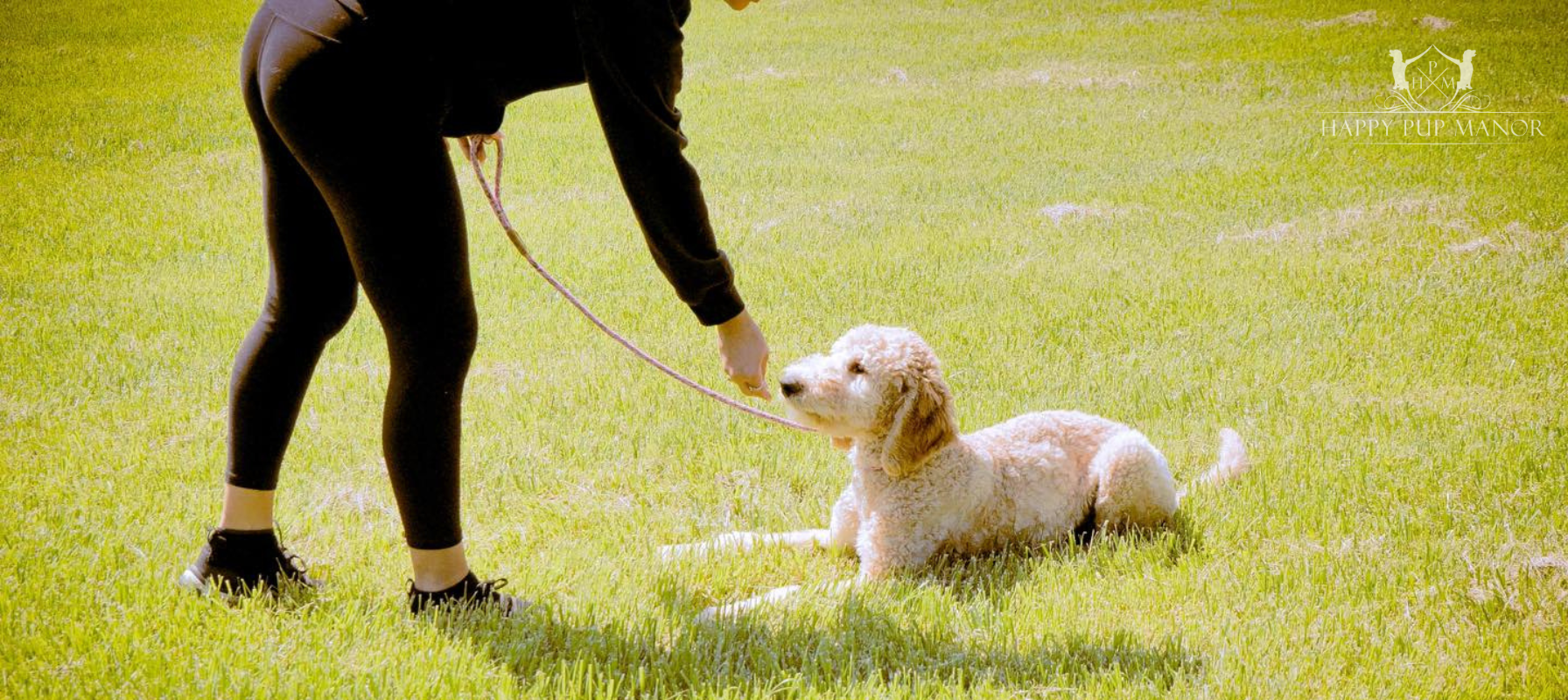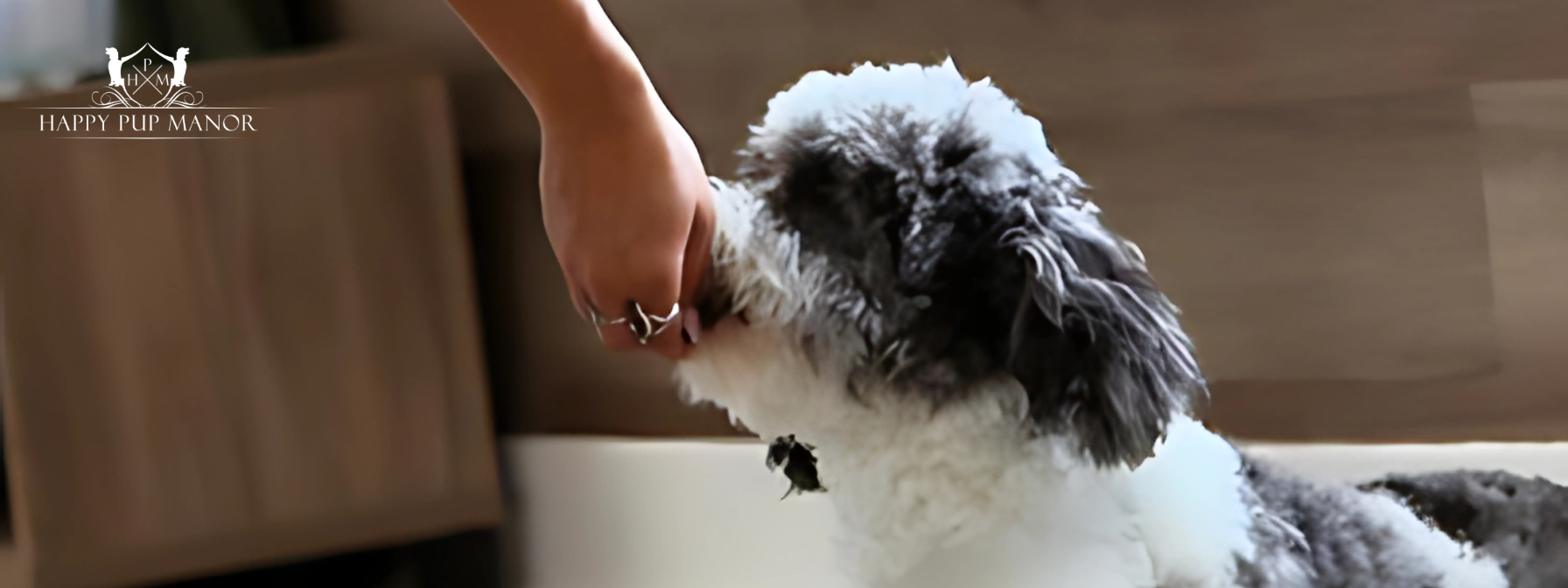Local Puppy Training for Happy Pets

Local Puppy Training for Happy Pets
Puppy training is essential for developing well-behaved, social, and obedient canines, a principle also embraced by happy pup manor. This article helps pet owners, especially those interested in animals and pets, find local training options and even explore programs designed for therapy-dogs, explains the benefits of enrollment, and guides you in preparing your puppy for lessons. The content is based on expert practices and local insights, ensuring you can raise a happy, well-adjusted pup.
Identifying Local Puppy Training Options
Different Types of Puppy Classes Available
Local classes range from basic obedience to specialized agility or targeted behavior modification. Many centers design courses to suit varied learning styles, such as group lessons that encourage peer interaction and one-on-one sessions for individualized attention. These classes generally cover crate training, basic commands (sit, stay, come), and leash manners vital for safety in public.
Finding Group Puppy Training Sessions
Group sessions foster social skills and help reduce aggression. They create a community environment where puppies play and learn together. Trainers use structured play, supervised exercises, and positive reinforcement to build confidence while owners observe effective methods for managing behaviors like barking or jumping.
Locating Private Puppy Trainers
For personalized guidance, private trainers tailor programs to your puppy’s unique temperament and pace. They address issues such as fear or aggression through individual sessions, sometimes offering home visits. This approach is especially useful for puppies needing extra socialization or with distinct behavioral challenges.
Specialized Puppy Agility Training
Agility training enhances coordination, speed, and focus. Ideal for puppies aiming for agility competitions or needing extra mental and physical stimulation, these programs use obstacle courses and exercises that build balance, quick decision-making, and obedience under pressure.
Board and Train Puppy Programs
In board-and-train setups, your puppy stays at a facility for intensive, immersive training free from household distractions. Professional trainers provide continuous oversight, regular progress updates, and follow-up sessions. This option benefits puppies showing early behavioral issues by ensuring steady and supervised improvement.
Advantages of Enrolling in Nearby Puppy Obedience Classes

Building Foundational Commands With Local Instruction
Obedience classes focus on establishing basic commands such as sit, stay, and come. Professional trainers use clear demonstrations and consistent repetition supported by evidence-based techniques. Learning these commands creates a foundation for more advanced training and helps reduce behaviors linked to dog aggression or arousal.
Addressing Common Puppy Behavior Issues Effectively
Classes tackle issues like jumping, nipping, and barking by offering practical strategies for behavior correction. Instructors use role-playing and demonstrations to guide owners on redirecting undesirable actions. This shared learning process supports effective behavior modification, ensuring consistent progress in managing aggression and fear.
Strengthening Your Bond Through Shared Learning
Training sessions naturally build trust and mutual respect. The focus and patience required during lessons help owners form a stronger bond with their puppies. Shared challenges during class encourage the puppy to rely on its owner’s cues, fostering long-term positive behaviors.
Positive Reinforcement Techniques Taught
Positive reinforcement, involving treats, praise, or toys, makes training enjoyable and stress-free. Local trainers ensure owners learn consistent reinforcement methods that promote rapid learning and improved behavior. This approach helps puppies remain engaged and responsive during sessions.
Creating a Well-Mannered Young Canine Companion
Structured classes build essential social and obedience skills. Puppies learn to focus and demonstrate improved manners, which aid in their smooth integration into various social settings. The training lays the groundwork for future roles, such as therapy or assistance dogs, by strengthening attention and adaptability.
Understanding Puppy Socialization Classes
The Critical Period for Puppy Social Development
Puppy socialization is most effective between 8 and 16 weeks of age—a time when puppies are particularly receptive to new experiences. Early socialization lessens the chances of fear and aggression later and promotes a calm demeanor. Trainers customize lessons during this critical period to help puppies transition confidently into adulthood.
Safe and Structured Play With Other Pups
Socialization classes provide supervised opportunities for safe play with peers. These controlled interactions teach puppies appropriate behavior and help owners learn how to manage overstimulation and potential conflicts. The structured environment builds positive social skills while minimizing the risk of aggression.
Introducing Your Puppy to New Sights and Sounds
Exposure to varied stimuli—urban noises, different people, and unfamiliar objects—is a key component of socialization. Trainers gradually introduce these elements to help puppies adapt and reduce future anxiety. This controlled introduction builds balanced behavior and prevents the development of phobias.
Preventing Fear and Aggression Through Early Exposure
Early and repeated exposure to diverse experiences helps prevent fear-based aggression. Socialization classes carefully plan interactions so that every new experience builds trust and resilience. This systematic approach minimizes future behavior issues and encourages a positive response to new challenges.
Building Canine Confidence in a Group Setting
Group classes not only improve social skills but also build confidence. Puppies learn to navigate unfamiliar situations through structured play and guided interactions. The group dynamic fosters self-assurance, which is essential for adapting successfully to diverse environments.
Selecting the Right Puppy Training Program

Checking Trainer Credentials and Experience
When choosing a training program, verifying trainer credentials is essential. Reputable trainers typically have certifications and significant experience with different breeds, ensuring they use ethical and effective methods. This guarantees proper handling of dog aggression and hyperactivity through proven techniques.
Reading Reviews for Puppy Classes
Customer reviews offer important insights into program quality. Positive feedback highlights improvements in obedience and behavior, while detailed reviews reveal information about class structure and training approaches. These insights assist owners in selecting a program that fits their puppy’s needs.
Visiting Potential Training Facilities
A visit to a training facility can provide a better feel for its environment and standards. Observing a session helps owners assess cleanliness, trainer-puppy interaction, and overall ambiance. This firsthand experience confirms whether the facility meets safety and quality expectations.
Comparing Costs and Schedules
Training programs vary in cost and scheduling. Many centers offer packages tailored to different budgets and timing needs. Comparing these options allows owners to find a program that fits their financial plans while still delivering effective instruction and lasting behavioral improvements.
Asking About Training Philosophies and Methods
Understanding a trainer’s methodology is crucial. Whether the approach is based on positive reinforcement or balanced techniques, it should align with the owner’s expectations. Clear communication about goals—from routine obedience to specialized behavior modification—ensures that everyone involved is on the same page.
What to Anticipate From Puppy Training Sessions
Typical Structure of a Puppy Obedience Class
Sessions usually start with an orientation and combine group instruction with hands-on practice. Classes begin with warm-up commands, followed by drills and playtime that reinforce learning through positive reinforcement. The structure helps build consistency in command execution and gradually introduces more complex behaviors, such as off-leash recall.
Essential Items to Bring to Puppy Training
Owners are advised to bring a leash, collar, a supply of small treats, and a favorite toy. These items help maintain focus and reward good behavior during sessions. A water bowl is also recommended to keep the puppy hydrated during active training.
Homework and Practice Between Classes
Consistent practice at home is key to reinforcing command learning. Trainers often assign homework to help maintain progress and build the puppy’s confidence in different environments. Regular exercises also allow owners to troubleshoot any ongoing behavior concerns.
Observing Progress in Your Puppy’s Behavior
As training advances, owners will notice improvements in obedience and social skills. Structured assessments and regular feedback from trainers help detect and address minor issues early. Over time, these improvements lead to a well-behaved and confident companion.
Support and Guidance From Trainers
Ongoing support from trainers is vital even after the initial training phase. Follow-up sessions and consultations help address emerging issues and reinforce behavior modifications. Regular check-ins ensure that the progress made in class carries over into everyday life.
Preparing Your Puppy for Training Classes Close to Home

Ensuring Your Puppy Has Necessary Vaccinations
Before enrolling your puppy, ensure all vaccinations are up-to-date. This protects both your pet and others attending the class while meeting requirements set by most training providers. Vaccinations are fundamental for preventing common infectious diseases.
Basic Leash and Collar Acclimation Before Class
Familiarizing your puppy with a leash and collar before starting classes reduces distractions and anxiety. Short walks that gradually increase in length allow your puppy to comfortably adjust to the equipment, setting a positive tone for the training ahead.
Managing Your Puppy’s Energy Levels for Training
Puppies naturally have high energy levels that may disrupt training. Incorporating brief play sessions before class can help expend excess energy, allowing the puppy to focus better during instruction. This pre-training routine is a key factor in successful obedience learning.
Practicing Focus Exercises in Familiar Surroundings
Simple exercises like making your puppy maintain eye contact or indoor recall drills can improve concentration. Practicing in a familiar setting reduces stress and reinforces learned commands. These consistent exercises build a strong foundation for tackling more complex behaviors later.
Setting Realistic Expectations for Puppy Learning
Puppies learn at different paces, so it’s important to set realistic goals. Early sessions might show mixed results, but steady practice and consistent homework lead to gradual improvement. Trainers emphasize incremental progress to prevent frustration and maintain a positive atmosphere.
Final Thoughts
Training a puppy through local programs offers many benefits including improved obedience, better socialization, and an enhanced bond between dog and owner. By choosing from group sessions, private training, or board-and-train programs, owners can select the option best suited to their pet’s temperament. Early socialization and consistent behavior modification are key to developing a well-mannered companion ready to face any challenge. Training classes lay the foundation for lifelong learning and happiness.
Frequently Asked Questions
Q: How do local puppy classes help with behaviormodification?
A: They use structured lessons and positive reinforcement to improve obedience, reduce aggression, and build social skills.
Q: What items should I bring to a puppy training session?
A: Bring a leash, collar, treats, and a water bowl to keep your puppy focused and engaged.
Q: Why is early socializationimportant in puppy training?
A: Early socialization prevents fear-based aggression and helps your puppy adapt to new environments more easily.
Q: How can I assess the progress of my puppy in class?
A: Trainers provide feedback and scheduled assessments to monitor improvements in focus, obedience, and social behavior.
Q: What distinguishes private training from group sessions?
A: Private training offers personalized attention and customized behavior modification, while group sessions promote social interaction among peers.











